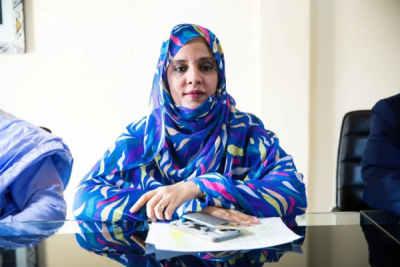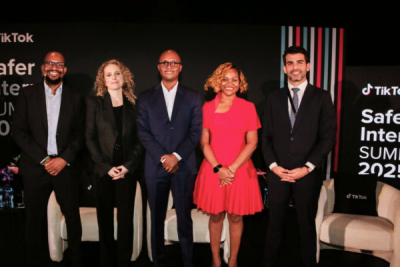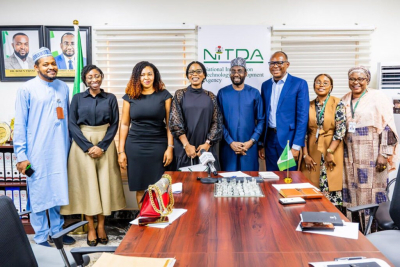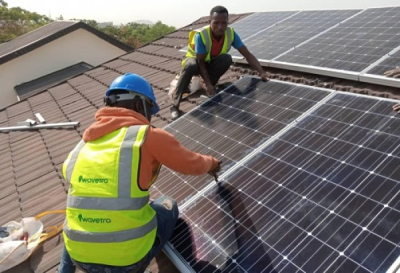Last May, the government imposed new taxes aimed at increasing national revenues and reducing the budget deficit, in response to the current cash crunch.
The Blockchain Association of Kenya (BAK) announced on Friday, September 1, that it had officially filed a petition, in the High Court of Kenya, challenging the implementation of the Digital Asset Tax (DAT) introduced by the Finance Act 2023.
The new regulations, which came into force on September 1, impose a 3% tax on revenues generated by the transfer or exchange of digital assets in the country.
"Our petition aims to address concerns about the DAT’s impact on both our industry and the broader economy. Enforcement of this harsh DAT could potentially lead to adverse effects on the industry’s growth and innovation. The core focus of the petition is to thoroughly examine the legal and constitutional dimensions surrounding the imposition of this tax on digital assets. The matter will be mentioned before the court on September 28, 2023," states a BAK press release.
The petition introduced by the BAK comes a few months after a press release issued by the same organization, in which it set out seven reasons for opposing the digital asset tax. Among other things, BAK criticized the unclear classification of digital assets, the ambiguity surrounding transfers of digital assets, and the failure to take into account loss-making transactions.
According to Allan Kakai, BAK's legal and policy director, DAT was introduced as an income tax, but it is taxed on the gross value of the asset, not on gains and profits. This means that those in a loss-making position will still pay the tax.
The new tax regulations also require crypto exchanges, as well as those facilitating the exchange or transfer of digital assets, to retain tax deductions, and transmit them to the country's tax authority within 24 hours of the transaction.
For BAK, the government should review the texts, hence the request. Kenya is ranked 5th worldwide for peer-to-peer crypto transactions and 19th for cryptocurrency adoption, according to the Chainalysis 2022 report.
Samira Njoya



















